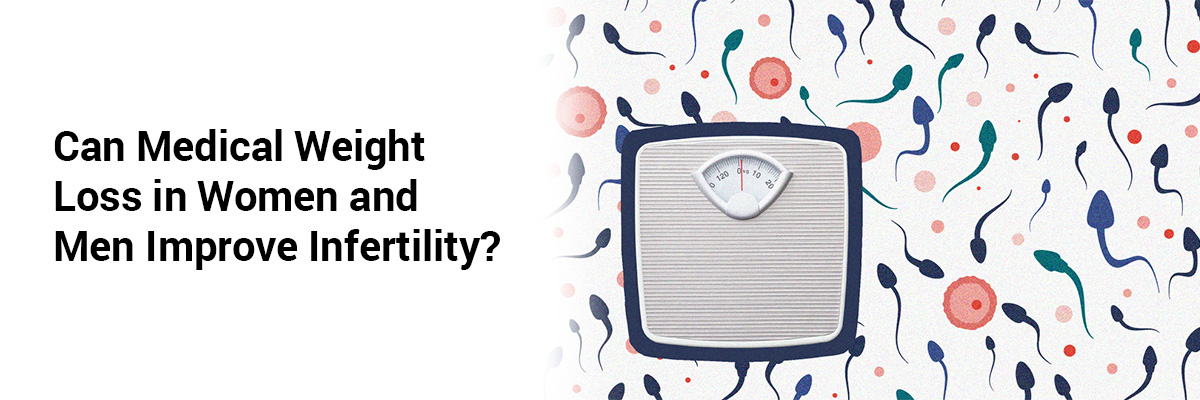
Can Medical Weight Loss in Women and Men Improve Infertility?
Infertility is a significant modern health problem, and with the rise of obesity, its impact on fertility cannot be overlooked. Obesity is associated with various chronic diseases, and infertility is one among them. Traditional medications used for weight loss, such as orlistat and metformin, and newer treatments, like Glucagon-Like Peptide-1 receptor agonists (GLP-1 RAs), play a role in addressing this issue. However, it is crucial to note that the use of these medications is not recommended during a planned pregnancy, and they should be discontinued in such cases.
Evidence suggests that modest weight loss achieved through medication, along with the duration of treatment, are important factors in improving fertility. For women, the benefits of medically induced weight loss are seen in improved reproductive hormonal profiles, menstrual regularity, ovulation rates, conception rates, and overall pregnancy rates. For men, the benefits include improvements in reproductive hormonal profiles, sperm motility, movement and morphology, weight of reproductive organs, and sexual function.
The newer GLP-1 RAs are particularly promising, showing encouraging effects on improving ovulation rates and regulating the menstrual cycle. However, more human studies are needed to confirm these findings.
In conclusion, medical weight loss holds potential for improving fertility in both women and men. With more targeted research, more individuals will be able to achieve successful pregnancies and overcome the challenges of infertility.
Pavli P, Triantafyllidou O, Kapantais E, et al. Infertility Improvement after Medical Weight Loss in Women and Men: A Review of the Literature. International Journal of Molecular Sciences. 2023; 25(3):1909. https://doi.org/10.3390/ijms25031909
















Please login to comment on this article